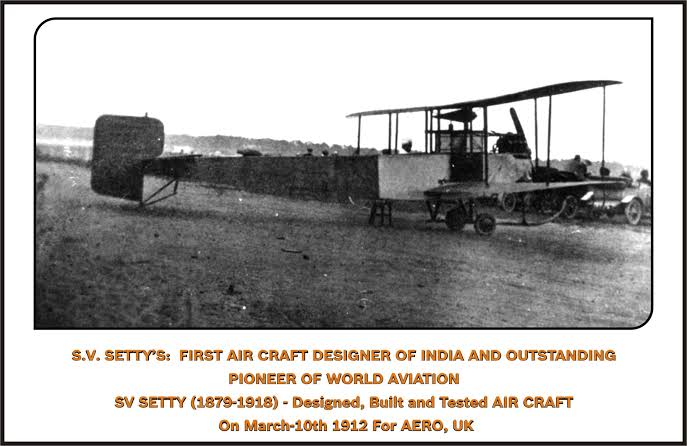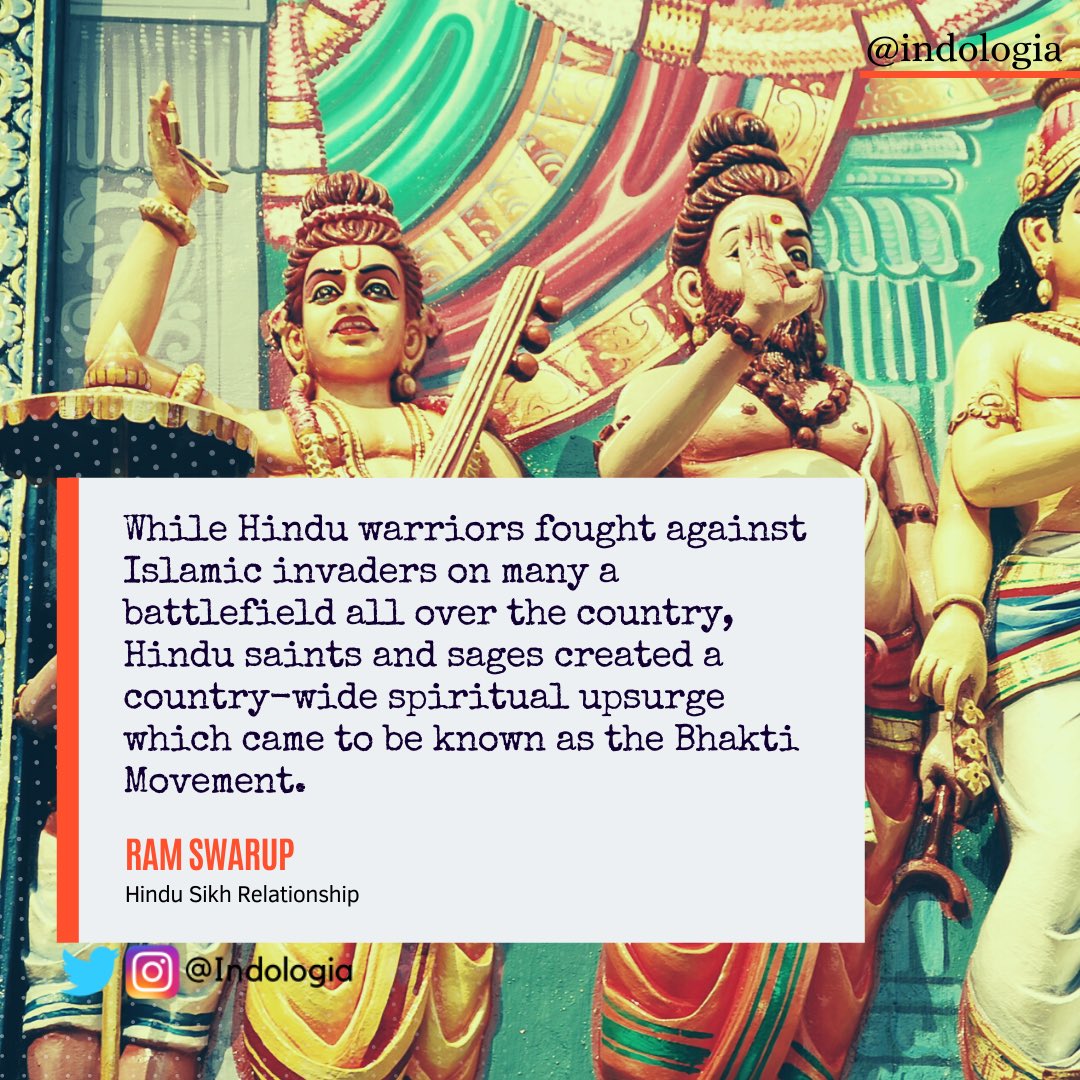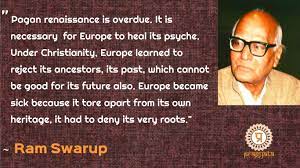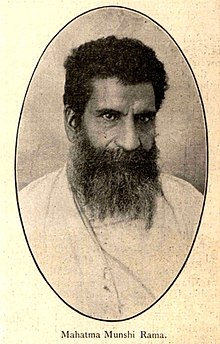#VIKRAMSARABHAI - The Father of Bharat’s Space Programme.
The Scientist Who Dreamt Of #Atmanirbharata In Space Research.
On his Punyasmaran Divas let us know how he achieved something unimaginable.
It was late 1960s, the European Union’s Satellites failed one after another in


The Scientist Who Dreamt Of #Atmanirbharata In Space Research.
On his Punyasmaran Divas let us know how he achieved something unimaginable.
It was late 1960s, the European Union’s Satellites failed one after another in

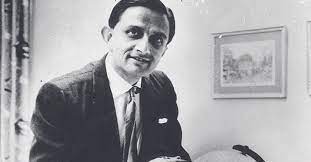

Austalia’s launch station and they decided to stop further launches.
To avoid losses they decided to sell unused “Satellite Telemetry and Tracking” devices and placed ad in prominent journals and magazines.
Vikram Sarabhai read this advertisement and called up Arvamudan,
To avoid losses they decided to sell unused “Satellite Telemetry and Tracking” devices and placed ad in prominent journals and magazines.
Vikram Sarabhai read this advertisement and called up Arvamudan,
a scientist who working at Tumba and called him to Bombay.
In Bombay, Sarabhai met Aravamudan and another scientist H G S Murthy asked them to proceed to Australia.
The 2 scientists went to RBI and asked for Blank DD, the RBI officer got angry & sent these 2 scientists out,
In Bombay, Sarabhai met Aravamudan and another scientist H G S Murthy asked them to proceed to Australia.
The 2 scientists went to RBI and asked for Blank DD, the RBI officer got angry & sent these 2 scientists out,
the 2 scientists called up Sarabhai, he after listening to them asked them to stay at RBI for few more minutes.
Within no time, the person who kicked them out came running towards them, called them in, within minutes gave the scientists an empty demand draft.
The magic Sarabhai
Within no time, the person who kicked them out came running towards them, called them in, within minutes gave the scientists an empty demand draft.
The magic Sarabhai
did was, calling up Finance Minister Y B Chavan.
What happened later was historic, Bharat purchased it after much bargaining and these devices were used to establish Satellite Launching Centre at ShriHarikota.
Prof. Yashpal, a close associate of Sarabhai cherishes an incident..
What happened later was historic, Bharat purchased it after much bargaining and these devices were used to establish Satellite Launching Centre at ShriHarikota.
Prof. Yashpal, a close associate of Sarabhai cherishes an incident..
Vikram Sarabhai wished for Indigenous Communication Satellite and sent Mr. Chitnis to United States for training from Hyus Aircraft, meanwhile, in Bharat, Sarabhai prepared a blue print to help Farmers called “KRISHI DARSHAN” and to explain the uses of Communication Satellite
for the then PM Indira Gandhi.
Note that, at that time neither we had Satellite nor a Tele Vision & Indira asked the same, Sarabhai replied “I have friends in America and they will help me”.
The US had launched a satellite for TV Broadcast and Vikram Sarabhai convinced his
Note that, at that time neither we had Satellite nor a Tele Vision & Indira asked the same, Sarabhai replied “I have friends in America and they will help me”.
The US had launched a satellite for TV Broadcast and Vikram Sarabhai convinced his
Scientist friends to deviate the satellite way while passing over India..
The Krishi Darshan was telecasted in and around 80 Villages of Delhi and PM Indira Gandhi was a witness to that incredible feat.
And the first student to receive PhD under Vikram Sarabhai’s guidance was
The Krishi Darshan was telecasted in and around 80 Villages of Delhi and PM Indira Gandhi was a witness to that incredible feat.
And the first student to receive PhD under Vikram Sarabhai’s guidance was
former ISRO Chief Prof U R Rao, who in his memoirs notes...VSNL was established for long distance and international communications & it was under Central Govt’s authority, in 1967 at Ahmedabad, Sarabhai and team had successfully built a station for telecommunication but VSNL
decided to import new devices.
As soon as Sarabhai heard this, he directly approached Indira Gandhi & met Principal Secretary P N Haksar & asked him in a raised voice “Who Is Running This Country”? We are thriving for Swadeshi and why does VSNL wants to import, who are giving
As soon as Sarabhai heard this, he directly approached Indira Gandhi & met Principal Secretary P N Haksar & asked him in a raised voice “Who Is Running This Country”? We are thriving for Swadeshi and why does VSNL wants to import, who are giving
those orders?
Haskar took Sarabhai to Indira and later matter ended amicably with station coming near Poona in 1970.
U R Rao in his memoir recollected another incident..
It was April 1971, Sarabhai asked Rao to come to Delhi, Soviet Union had decided to support India in its
Haskar took Sarabhai to Indira and later matter ended amicably with station coming near Poona in 1970.
U R Rao in his memoir recollected another incident..
It was April 1971, Sarabhai asked Rao to come to Delhi, Soviet Union had decided to support India in its
Space Mission and this was conveyed to PM by Russian Ambassador.
At Sarabhai’s office, Vikram Rao & Russian Ambassador discussed India’s space programme and after learning China’s recently launched satellite weighed 190 kilos, insisted that India must launch heavier satellite
At Sarabhai’s office, Vikram Rao & Russian Ambassador discussed India’s space programme and after learning China’s recently launched satellite weighed 190 kilos, insisted that India must launch heavier satellite
than China and Russia was willing to support them including providing Soviet Launch Pad.
Sarabhai sent a team to Moscow under U R Rao’s leadership and India launched 360 Kilo ARYABHATA Satellite.
Unfortunately, Dr Vikram Sarabhai passed away a year before the launch, Sarabhai
Sarabhai sent a team to Moscow under U R Rao’s leadership and India launched 360 Kilo ARYABHATA Satellite.
Unfortunately, Dr Vikram Sarabhai passed away a year before the launch, Sarabhai
spent his final days at Tumba and on that fateful day, 29-12-1971 Sarabhai had a guest, Railway Minister Kengal Hanumantaiah who was on an official visit.
Sarabhai wanted a railway line for the benefit of Scientists and workers and after the meet, he spent rest of the day with
Sarabhai wanted a railway line for the benefit of Scientists and workers and after the meet, he spent rest of the day with
colleagues.
Death came to Vikram Sarabhai in a quiet room of his favourite resort at Kovalam after he witnessed firing of a Russian Rocket, inagurated Thumba Railway Station and retired for the night.
And the next day, he didn’t get up, but joined the space which he loved most.
Death came to Vikram Sarabhai in a quiet room of his favourite resort at Kovalam after he witnessed firing of a Russian Rocket, inagurated Thumba Railway Station and retired for the night.
And the next day, he didn’t get up, but joined the space which he loved most.
‘Ormakalude Bhramanapatham,’ the biography of former space scientist Nambi Narayanan seeks to reopen the debate into the mystery that shrouded the death of one of India’s top scientists.
‘’A man who had never smoked in his life, a teetotaler,’’ he writes. ‘’Then how was he led
‘’A man who had never smoked in his life, a teetotaler,’’ he writes. ‘’Then how was he led
to such a death? Why was the cremation performed without even an autopsy despite the fact the dead man was such a great scientist? All these remained questions,’’ says Nambi. He dedicates a whole chapter in his book to the mysterious death of Sarabhai, who, he says, offered
unstinting support to his push to popularise the idea of liquid propulsion in ISRO.
Nambi Narayanan doesn't rule out Role of CIA in Sarabhai's death...as he is convinced because CIA Killed Homi Baba too.
#VANDEMATARAM
Nambi Narayanan doesn't rule out Role of CIA in Sarabhai's death...as he is convinced because CIA Killed Homi Baba too.
#VANDEMATARAM
• • •
Missing some Tweet in this thread? You can try to
force a refresh




